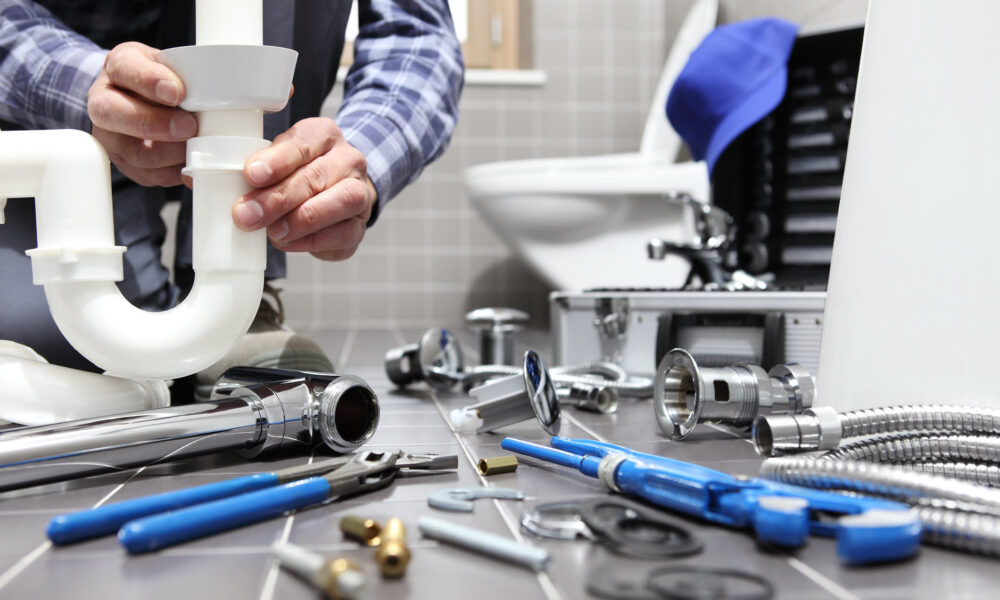Plumbing is an essential aspect of any building, whether it’s a residential or commercial property. It ensures that water flows in and out of the building efficiently and safely. However, like any other system, plumbing requires regular maintenance to function correctly. Failure to maintain your plumbing system can lead to costly repairs and even cause significant damage to your property.
What is Plumbing Maintenance?
Plumbing maintenance refers to the regular inspection and cleaning of your plumbing system to keep it in good condition. This includes checking for leaks, clogs, and other issues that can cause damage to your pipes. Plumbing maintenance can be done by a professional plumber or as a DIY project.
The Benefits of Regular Plumbing Maintenance
- Prevent Costly Repairs: Regular plumbing maintenance can help you identify potential issues before they become major problems. This can save you money in the long run by preventing costly repairs.
- Extend the Life of Your Plumbing System: By keeping your plumbing system in good condition, you can extend its lifespan and avoid the need for expensive replacements.
- Improve Water Quality: Regular maintenance can help improve the quality of the water that flows through your pipes, ensuring that it’s clean and free of contaminants.
- Save Water: A well-maintained plumbing system can help you save water by ensuring that all your fixtures are working efficiently and not wasting water.
- Prevent Emergencies: Regular maintenance can help prevent emergency plumbing issues, such as burst pipes or flooding, which can cause significant damage to your property.
Common Plumbing Maintenance Tasks
Here are some common plumbing maintenance tasks that you can do to keep your plumbing system in good condition:
- Check for Leaks: Check all your faucets, toilets, and pipes for leaks. Leaks can cause water damage, mold growth, and increase your water bill.
- Clean Your Drains: Clogged drains can cause backups and flooding. Use a drain cleaner or a plunger to keep your drains clear.
- Inspect Your Water Heater: Regularly inspect your water heater for leaks, rust, or other issues that can cause it to malfunction.
- Test Your Sump Pump: If you have a sump pump, test it regularly to ensure that it’s working correctly. A malfunctioning sump pump can cause flooding and water damage.
When to Call a Professional
While you can do some plumbing maintenance tasks yourself, some require the expertise of a professional plumber. Here are some instances when you should call a professional:
- Major Plumbing Issues: If you have a major plumbing issue, such as a burst pipe or a sewer backup, you should call a professional plumber immediately.
- Installation of New Fixtures: If you’re installing new fixtures, such as a toilet or a sink, it’s best to call a professional plumber to ensure that it’s installed correctly.
- Old Plumbing System: If your plumbing system is old or outdated, it’s best to call a professional plumber to inspect it and recommend any necessary repairs or replacements.
Regular plumbing maintenance is essential to keep your plumbing system in good condition and prevent costly repairs. By following the tips outlined in this article, you can ensure that your plumbing system is functioning correctly and avoid emergency plumbing issues. Remember, if you’re unsure about any plumbing maintenance tasks, it’s best to call a professional plumber to avoid causing further damage to your plumbing system.

